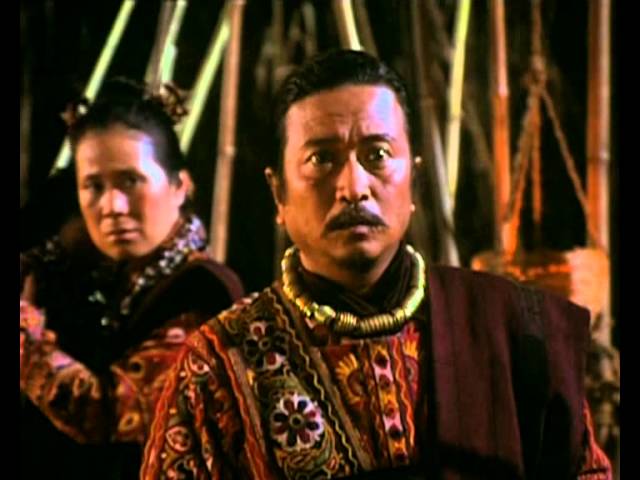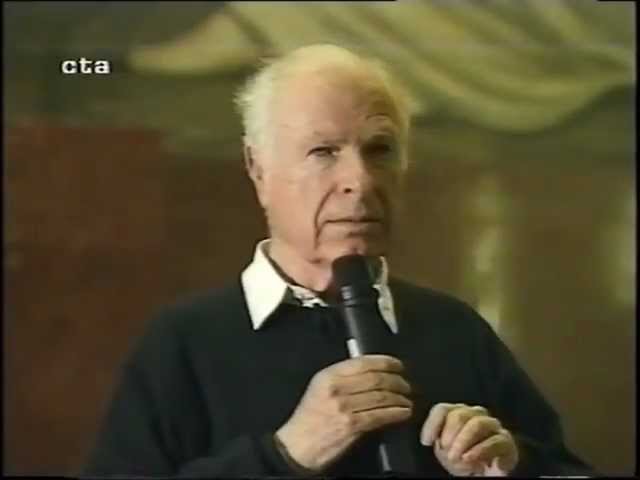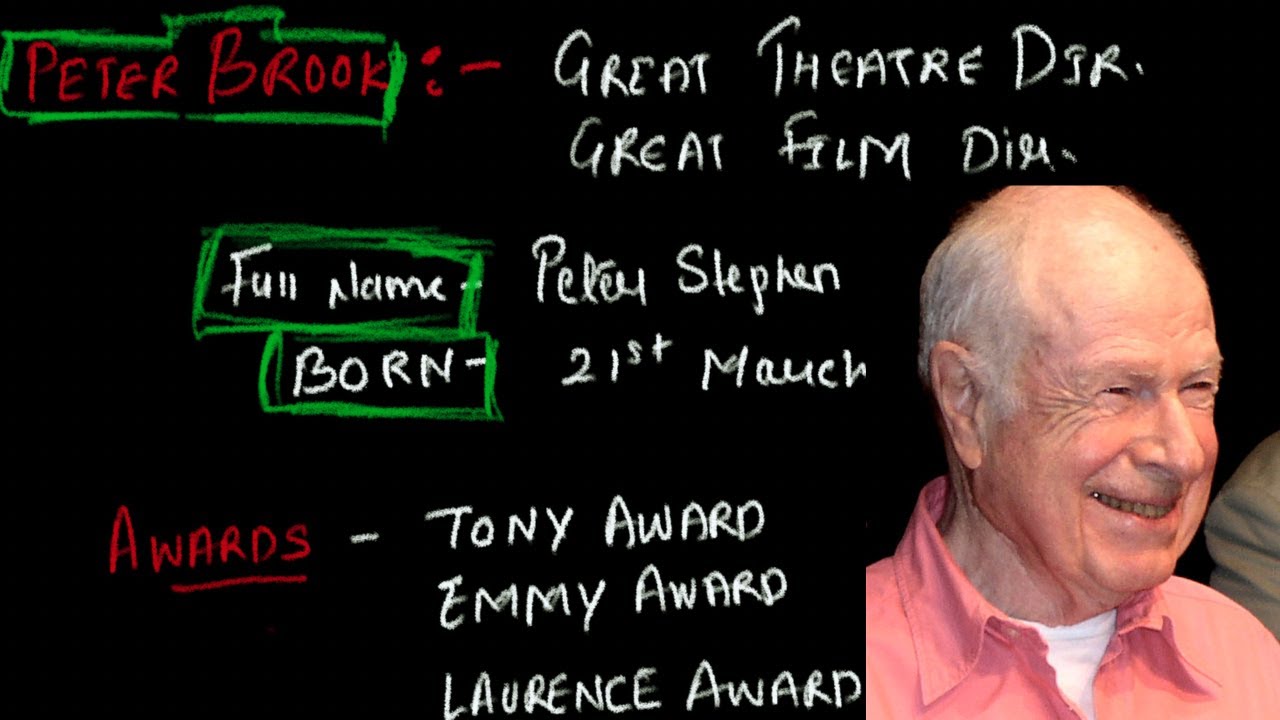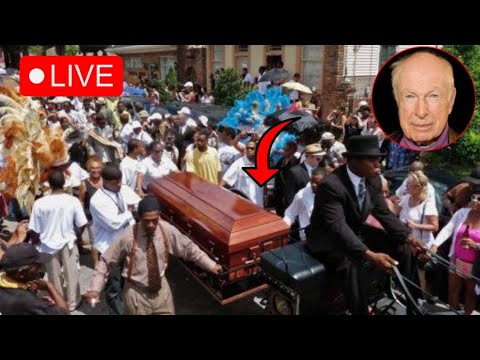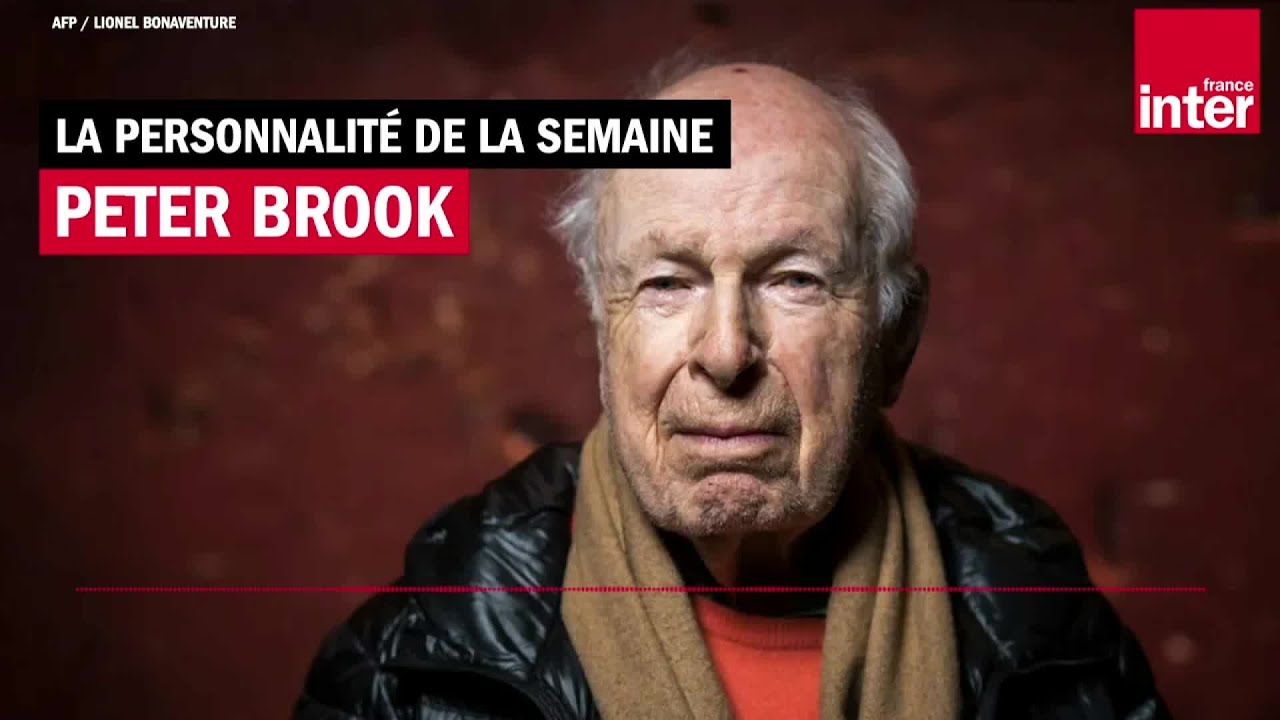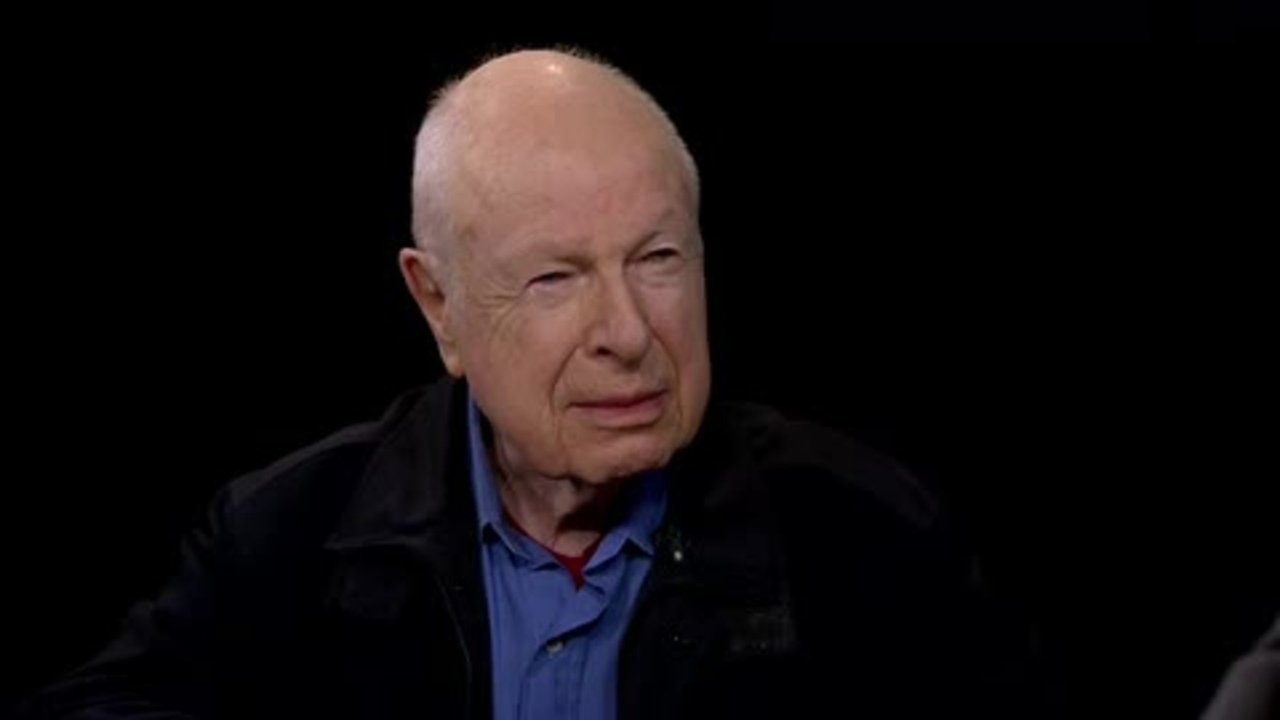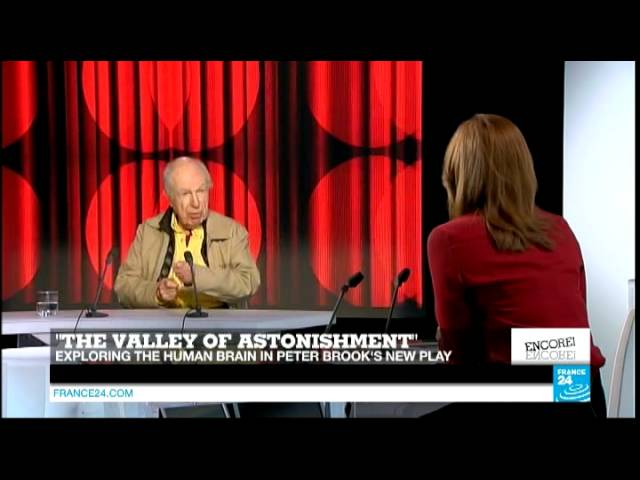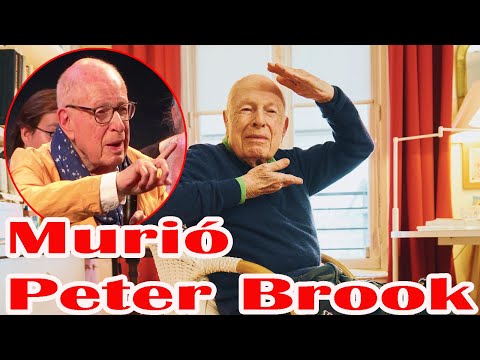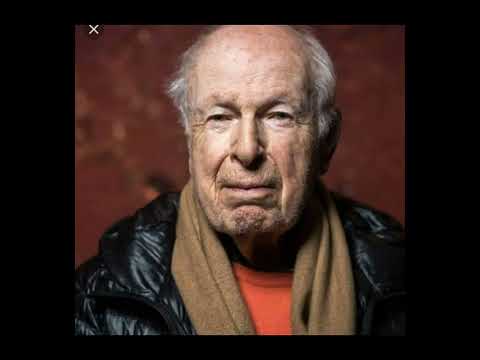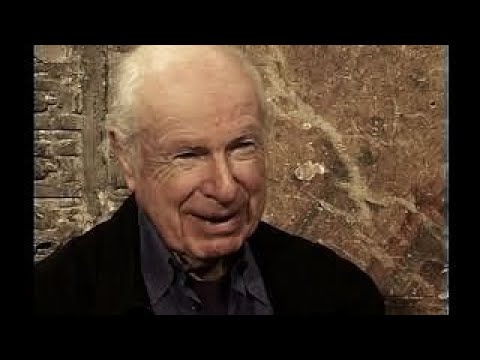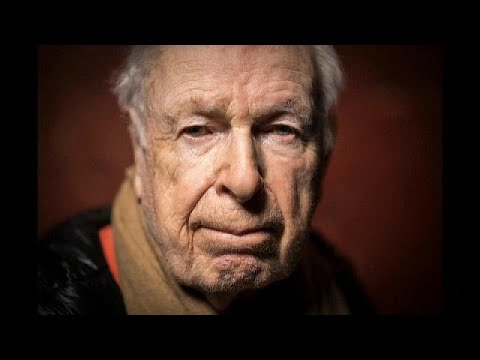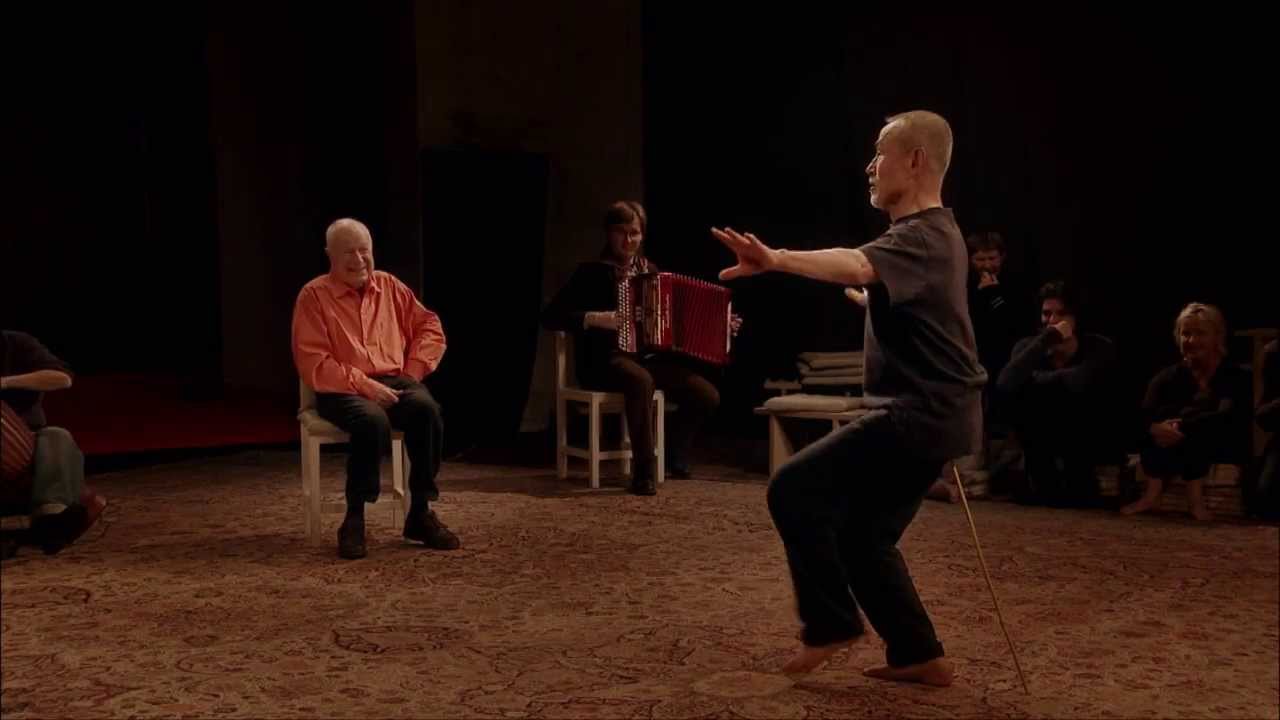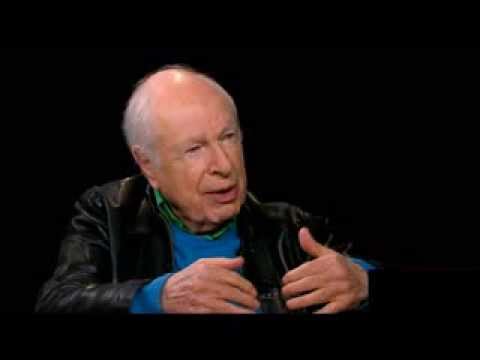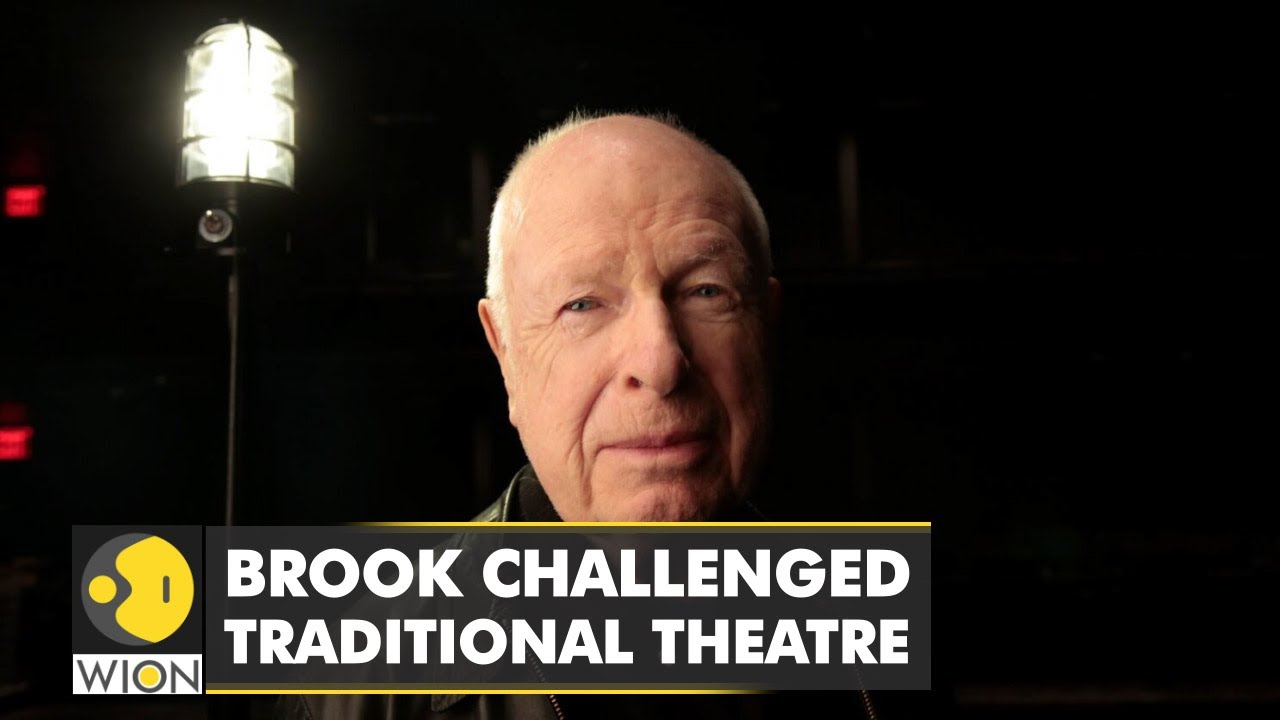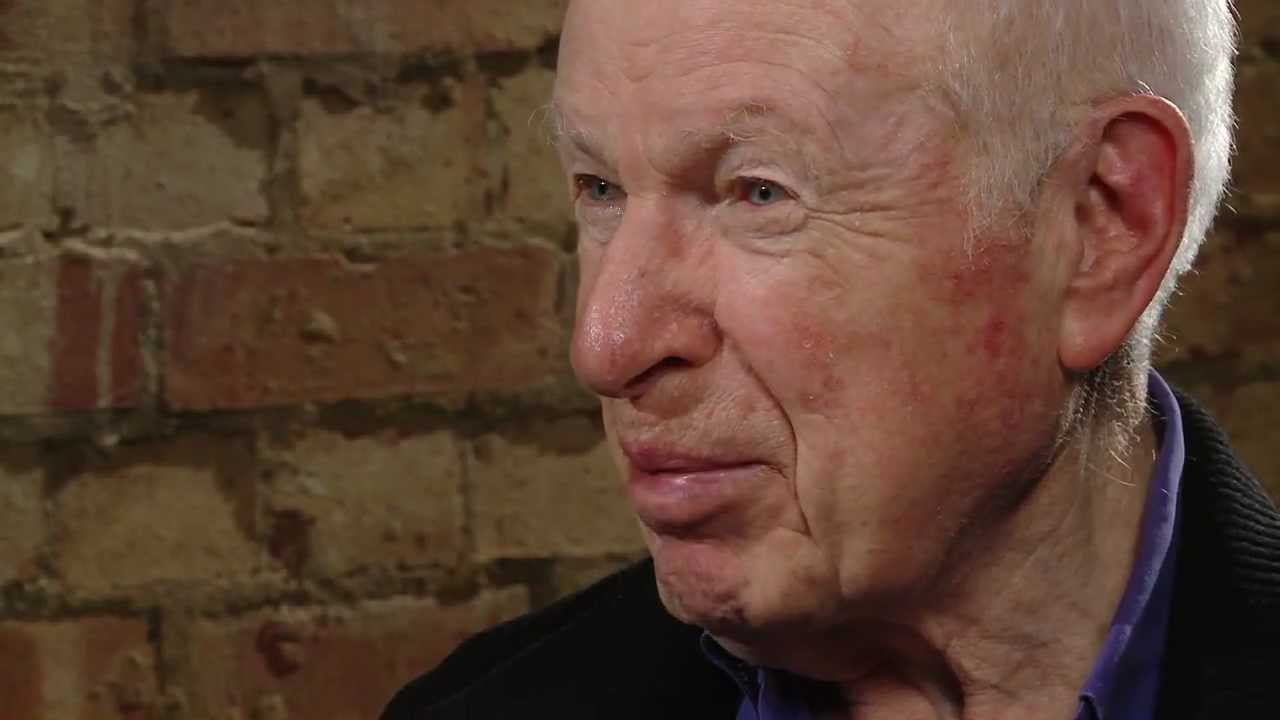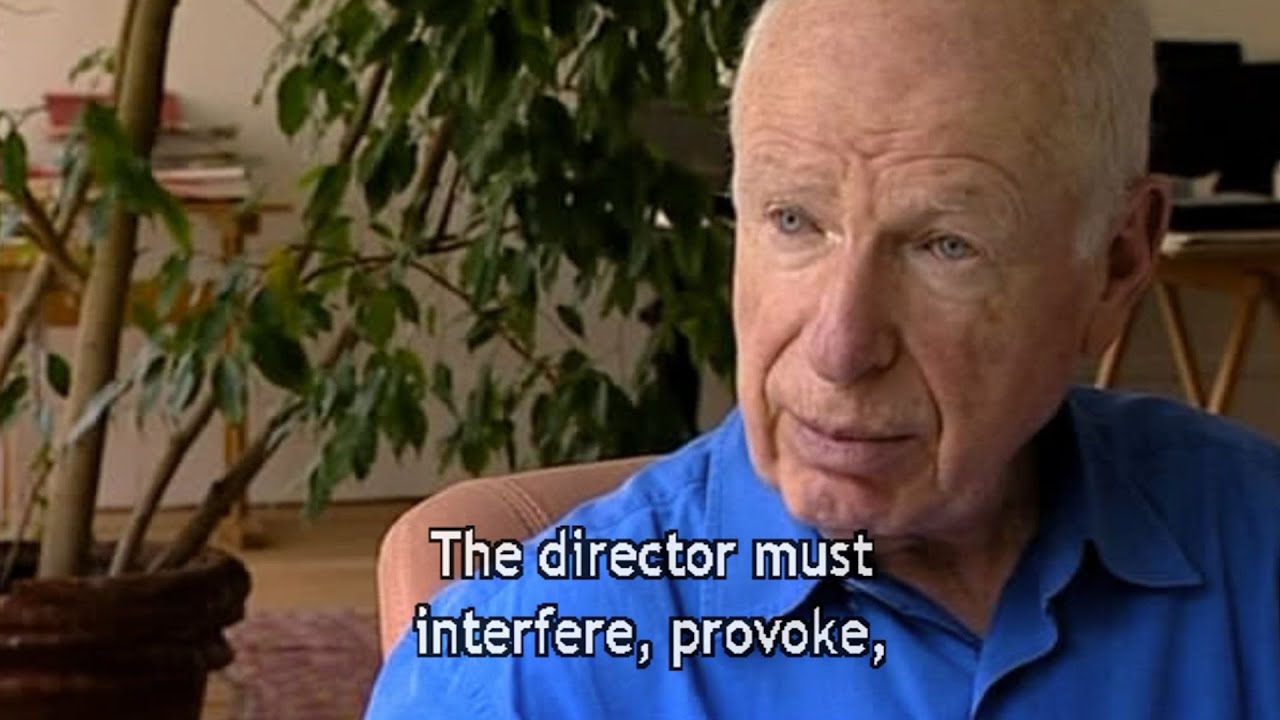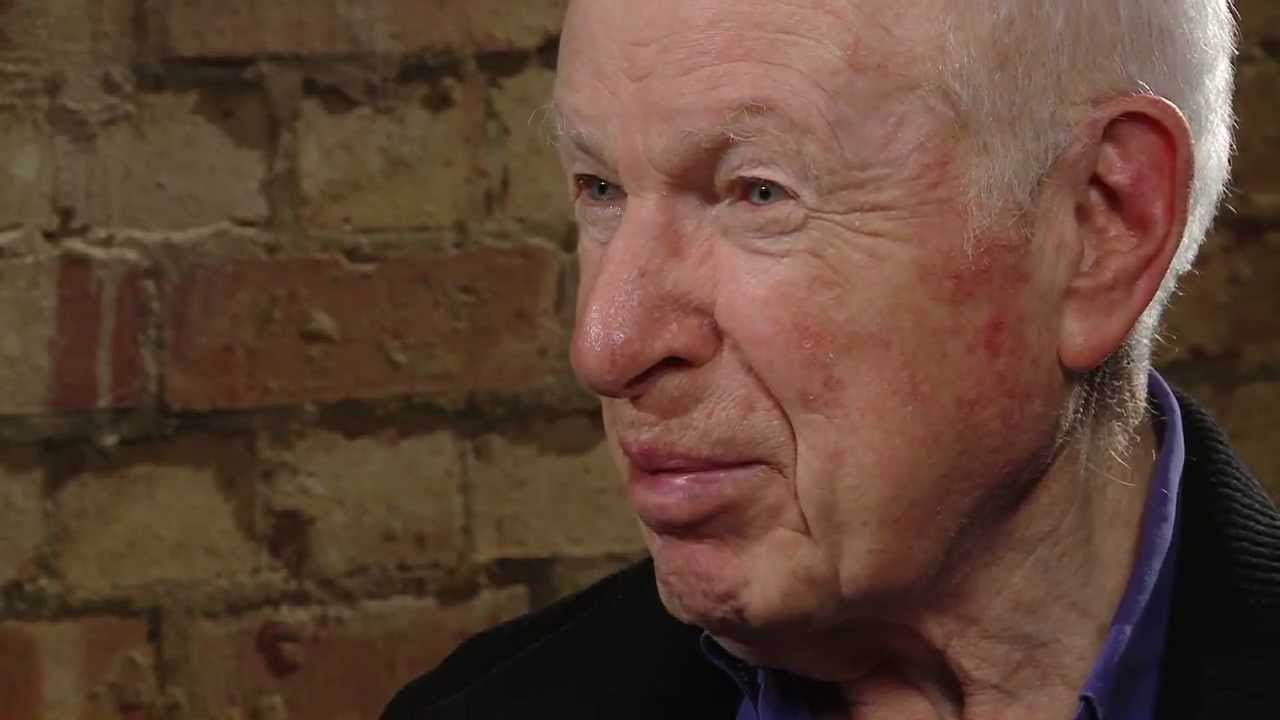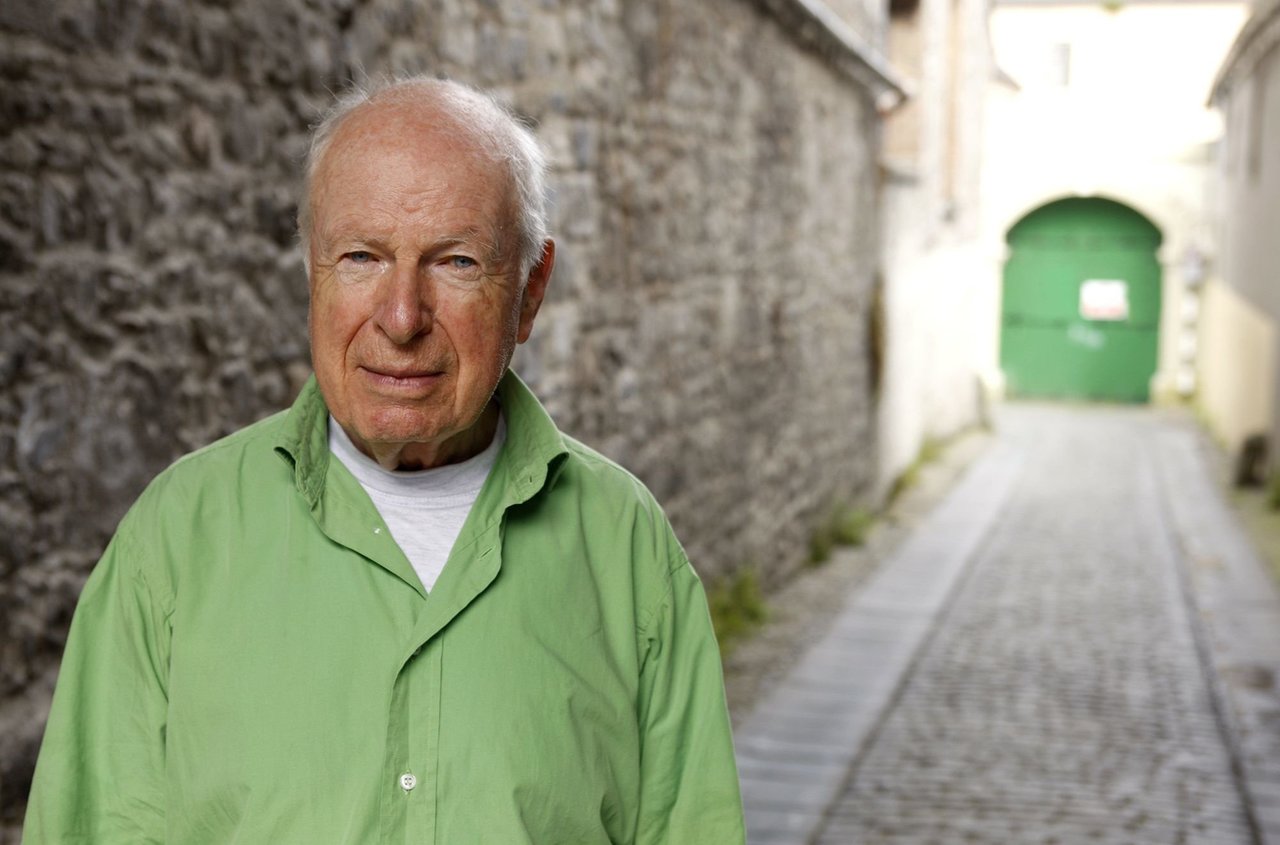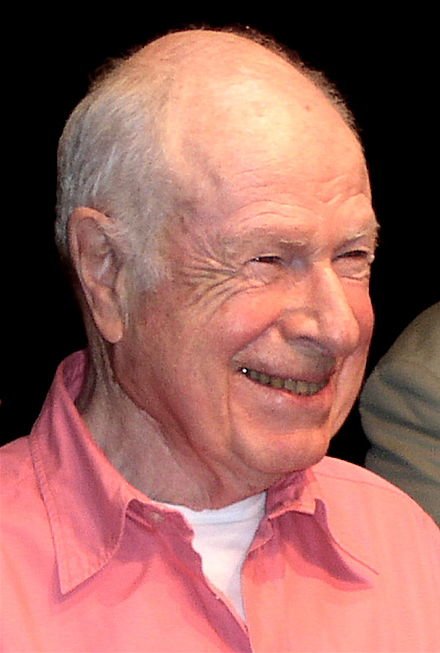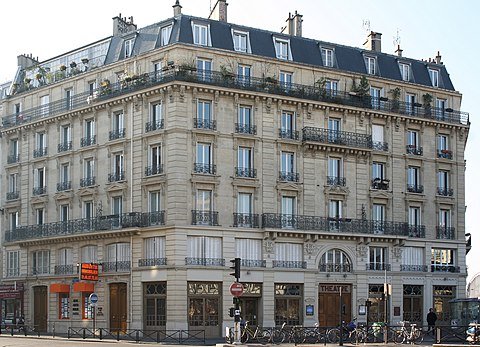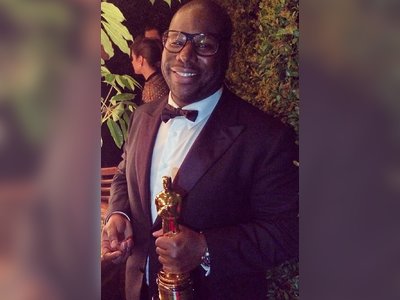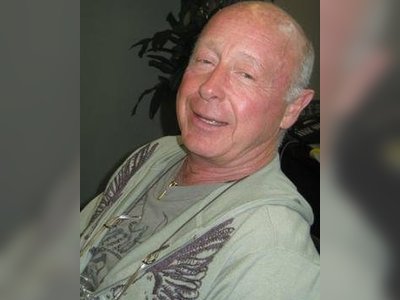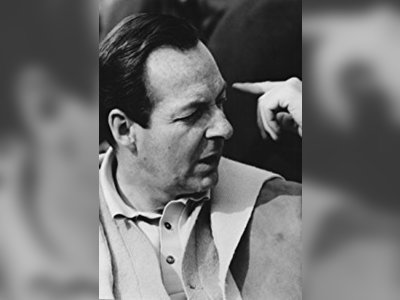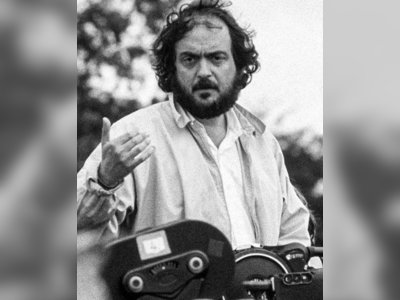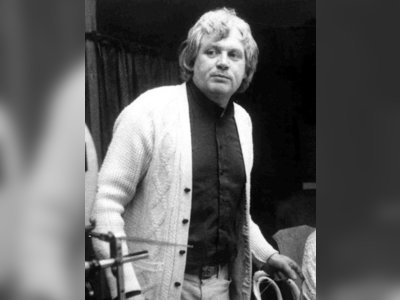Peter Brook
A Luminous Legacy in British Theatre and Film - The Influential Journey of a Visionary Director Enriching the Global Artistic Landscape.
Celebrated for his transformative impact on British theatre and film, Peter Stephen Paul Brook CH CBE (21 March 1925 – 2 July 2022) was a creative maven whose works spanned continents and decades. Brook's prolific career, originating in England, saw him sculpt the landscape of performing arts from the Birmingham Repertory Theatre in 1945, to the Royal Opera House in 1947, and eventually as a pivotal figure at the Royal Shakespeare Company (RSC) from 1962.
One of his groundbreaking works included the debut English-language production of Marat/Sade, penned by German playwright Peter Weiss, in 1964. The daring production not only made a successful leap to Broadway the following year but also clinched the coveted Tony Award for Best Play, with Brook receiving accolades as Best Director. Beyond the stage, Brook masterfully ventured into film, creating an indelible rendition of Lord of the Flies in 1963.
The early 1970s marked a geographical shift in Brook's career, relocating to France, where he established an international theatre company that resonated with audiences in developing nations. Often hailed as "our greatest living theatre director," Brook's exceptional talent and artistic vision were recognized by numerous awards, including multiple Tony and Emmy Awards, the Laurence Olivier Award, the Japanese Praemium Imperiale, and the Prix Italia. His contribution to the world of arts was further acknowledged internationally when he was bestowed with India's esteemed Padma Shri in 2021.
A Peek into Brook's Early Years
The narrative of Brook's life began in the leafy Bedford Park area of Chiswick. Born to Simon Brook and his wife Ida (Jansen), both Lithuanian Jewish immigrants from Latvia, Peter was the younger of two sons. His older brother Alexis pursued a career in psychiatry and psychotherapy. Interestingly, the world of theatre wasn't a distant realm for young Peter, as his first cousin Valentin Pluchek held the distinguished position of chief director of the Moscow Satire Theatre.
Brook's educational journey encompassed prestigious institutions such as Westminster School, Gresham's School, and Magdalen College, Oxford. There, his academic interests were immersed in languages until 1945. Despite the turbulence of World War II, Brook was exempted from military service due to his fragile health in childhood.
Crafting a Remarkable Career
Brook's professional foray into the world of theatre commenced with his directorial debut in 1943, where he brought Marlowe's Dr Faustus to life at the Torch Theatre in London. The following years saw his directorial brilliance spread across various stages, including a reinvigorating revival of Cocteau's The Infernal Machine at the Chanticleer Theatre in 1945. During his stint as stage director at the Birmingham Repertory Theatre, commencing in 1945, Brook brought a fresh perspective to classic plays.
Stratford-upon-Avon beckoned in 1947, where he was engaged as an assistant director on Romeo and Juliet and Love's Labour's Lost for the Shakespeare Memorial Theatre. A three-year tenure (1947-1950) as Director of Productions at the Royal Opera House in London saw Brook achieve several milestones, including an ingenious re-staging of Puccini's La bohème using the original sets from 1899, and the audacious staging of Richard Strauss' Salome with sets designed by the legendary Salvador Dalí.
Brook's career as a stage and screen director burgeoned throughout the late 1940s and 1950s. His noteworthy achievements during this period included an admired production of Howard Richardson's Dark of the Moon at the Ambassadors Theatre, London, in 1949. His leadership role at the Royal Shakespeare Company (RSC) from 1962, shared with Peter Hall, marked a significant period of his career.
Inspirations and Collaborations
Brook's artistic style and directorial approach were heavily influenced by notable figures in the world of theatre, most notably Antonin Artaud and his revolutionary Theatre of Cruelty concept. Alongside Charles Marowitz, Brook embarked on The Theatre of Cruelty Season in 1964 at the RSC, a venture aimed at exploring new modes of expression and reshaping the performer's craft.
Brook often credited Joan Littlewood as his most profound influence, referring to her as "the most galvanising director in mid-20th century Britain". His work also drew inspiration from the experimental theatre theories of Jerzy Grotowski, Bertolt Brecht, Chris Covics, and Vsevolod Meyerhold, as well as the intellectual insights of G. I. Gurdjieff, Edward Gordon Craig, and Matila Ghyka.
The creation of Brook's artistic masterpieces involved close collaboration with a
multitude of talents, including actors Paul Scofield and Glenda Jackson; designers Georges Wakhévitch and Sally Jacobs, and writers Ted Hughes and William Golding. Notably, Brook's fruitful collaboration with Wakhévitch began when he saw Jean Cocteau's ballet Le Jeune Homme et la Mort, which was designed by Wakhévitch.
In 1971, Brook and Micheline Rozan co-founded the International Centre for Theatre Research. This multinational troupe of actors, dancers, musicians, and others, embarked on extensive travels through the Middle East and Africa in the early 1970s before setting up base in Paris at the Bouffes du Nord theatre in 1974. The company's performances resonated with a diverse range of audiences, from immigrant hostels to refugee camps. In 2008, Brook announced his resignation as the troupe's artistic director, commencing a three-year transition of leadership to Olivier Mantei and Olivier Poubelle.
One of Brook's most ambitious projects was the adaptation of the Indian epic poem the Mahābhārata into a stage play, a task he embarked on in the mid-1970s alongside writer Jean-Claude Carrière. The play, first performed in 1985, went on to become a televised mini-series. While it was hailed for its universal appeal and received "overwhelming critical acclaim" from outlets such as The New York Times, it was also met with critique from post-colonial scholars, who saw it as a form of orientalism. Despite the debate, Brook revisited the world of The Mahabharata three decades later with a new Young Vic production, Battlefield, in collaboration with Carrière and Marie-Hélène Estienne.
In 2005, Brook directed Tierno Bokar, a stage adaptation of the life of the Malian sufi of the same name, which explored themes of religious tolerance and the Muslim tradition in West Africa.
Personal Life and Demise
Brook's personal life was as rich as his professional one. In 1951, he married actress Natasha Parry, and they had two children, Irina and Simon, who both went on to careers in directing. Tragically, Parry passed away following a stroke in July 2015.
Brook himself passed away in Paris on 2 July 2022, at the venerable age of 97, leaving behind a luminous legacy that continues to inspire the realms of theatre and film.
A Remarkable Body of Work
Peter Brook's journey as a director spanned well over seven decades, leaving an indelible mark on the world of theatre and film. His repertoire transcended boundaries, exploring themes from love and betrayal to war and philosophy.
Brook's philosophy of 'the empty space' redefined the idea of a theatre itself, stating that any space can become a theatre once a performer decides to engage an audience. He outlined this in his seminal 1968 text "The Empty Space", which remains a cornerstone text in the world of theatre studies.
His productions often blurred the line between reality and fiction. One such production was "The Conference of the Birds", based on a 12th-century Sufi poem. Brook took his multinational troupe of actors on an immersive journey through Africa, with performances held in local villages along the route.
Another of his most notable works was the nine-hour long epic, "The Mahabharata", which opened at the Avignon Festival in 1985. Despite its length and complexity, the production was universally hailed, and later shortened and adapted into a three-part mini-series.
Brook's venture into the world of cinema included a variety of critically acclaimed films. His first directorial venture in film was "The Beggar's Opera" (1953), a musical comedy. This was followed by "Lord of the Flies" (1963), a haunting adaptation of William Golding's novel, and "Marat/Sade" (1967), an adaption of his successful RSC production. In 1979, Brook directed "Meetings with Remarkable Men", a film based on the autobiography of mystic G. I. Gurdjieff.
Legacy
Peter Brook was a visionary whose work reverberated across continents. His daring, boundary-pushing style, and commitment to engaging with challenging themes resulted in productions that transformed both theatre and film. His commitment to the human condition, the exploration of cultural diversity, and his unwavering focus on truth and authenticity have left an indelible legacy on the world stage.
His work continues to inspire generations of theatre practitioners and audiences alike. In 2018, the Paris theatre Bouffes du Nord established the Peter Brook Festival, showcasing the director's best works and inviting new productions influenced by his visionary style.
As the world mourns the loss of one of its greatest theatrical minds, it also celebrates the legacy of a man whose vision helped shape the theatre of the 20th century and beyond. From the stages of the Royal Shakespeare Company to the makeshift performances in African villages, Peter Brook's spirit lives on, continuing to challenge, inspire, and enlighten the world of performing arts.
- Peter Brooken.wikipedia.org
